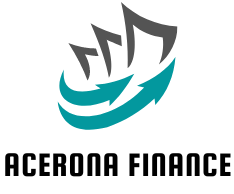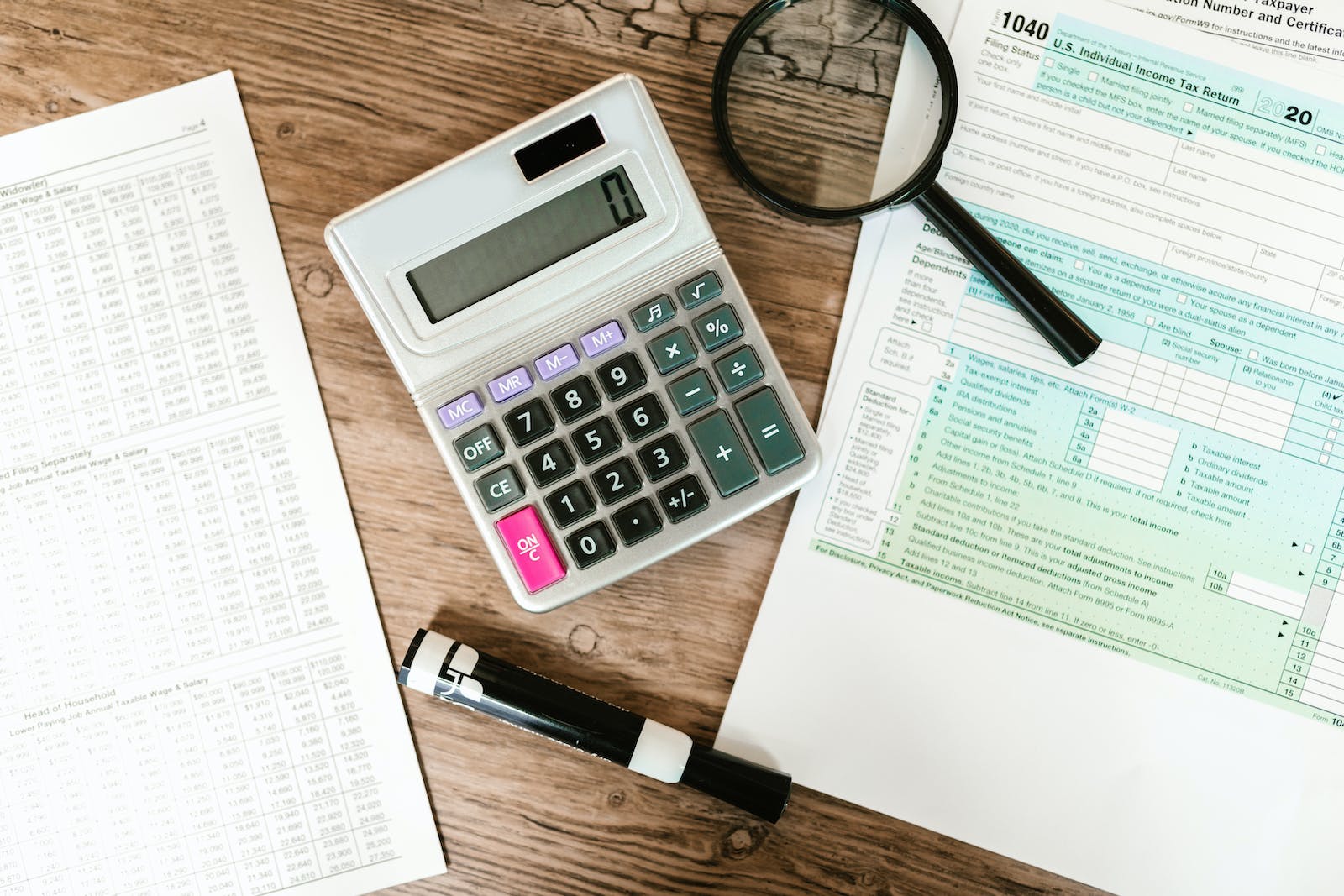If you’re considering using your home equity to tackle debt, it’s essential to weigh the advantages and drawbacks carefully.
Did you know that approximately 1 in 4 Americans have more credit card debt than emergency savings?
Before tapping into your home’s equity, it’s crucial to understand the potential benefits and risks involved.
By understanding the implications, you can make informed decisions about your financial future.
Benefits of Using Home Equity for Debt
Using home equity to pay off debt can offer significant advantages to homeowners seeking financial relief. By leveraging the equity in your home, you can access funds at potentially lower interest rates compared to other forms of borrowing. This can result in lower monthly payments, making it easier to manage your debts and improve your overall financial situation.
Additionally, the interest you pay on a home equity loan may be tax-deductible, providing potential savings come tax time. Another benefit is the ability to consolidate high-interest debts into one single, more manageable payment. This simplifies your financial obligations and can help you pay off your debts faster, ultimately saving you money in the long run.
Risks Associated With Tapping Equity
While tapping into your home equity to pay off debt can have its advantages, it’s crucial to be aware of the potential risks associated with this financial decision. One significant risk is that you’re essentially turning unsecured debt into secured debt, putting your home at risk of foreclosure if you’re unable to make the payments.
Additionally, if the housing market takes a downturn, you may end up owing more on your home than it’s worth. Another risk to consider is the temptation to run up more debt after paying off existing debts with your home equity, leading to a cycle of borrowing against your home. Being mindful of these risks can help you make a more informed decision about using your home equity to pay off debt.
Factors to Consider Before Proceeding
Before proceeding with tapping into your home equity to pay off debt, there are several key factors you should carefully consider.
First, evaluate your financial discipline. If you have a history of accumulating more debt after paying it off, tapping into home equity may not solve the root issue.
Second, consider the impact on your home equity. Using it to pay off debt means lessening the value that’s building in your home.
Third, assess the interest rates. Ensure that the interest rates on your home equity loan or line of credit are lower than the rates on the debts you’re consolidating.
Lastly, think about the risks involved. If you’re unable to make payments, you could risk losing your home.
Alternatives to Home Equity Debt Payoff
Consider exploring alternative options for consolidating and paying off debt before tapping into your home equity.
One option is to look into a balance transfer credit card with a low or 0% introductory APR. This can help you consolidate high-interest credit card debt onto one card, saving you money on interest.
Another alternative is taking out a personal loan with a lower interest rate than your current debts. Personal loans typically have fixed monthly payments, making it easier to budget.
Debt management programs offered by credit counseling agencies could also be beneficial. These programs can negotiate with creditors to lower interest rates or reduce monthly payments, helping you pay off debt faster without risking your home.
Tips for Safely Using Home Equity
To safely utilize your home equity, it’s essential to understand the potential risks and benefits associated with tapping into this resource.
Firstly, assess your financial situation to ensure that using home equity aligns with your long-term goals. It’s advisable to borrow only what you need and can afford to repay comfortably. Consider fixed-rate options to shield yourself from interest rate fluctuations. Be cautious of hidden fees and closing costs that may impact the overall borrowing cost.
Keep a close eye on your credit score and make timely payments to protect your financial standing.
Lastly, have a solid repayment plan in place to avoid any potential default on your home equity loan.
Frequently Asked Questions
Can Using Home Equity to Pay off Debt Affect My Credit Score?
Using home equity to pay off debt can affect your credit score. It may initially cause a dip due to credit inquiries and changes in credit utilization. However, if managed well, it could ultimately improve your score.
How Does Tapping Into Home Equity for Debt Affect My Ability to Refinance or Sell My Home in the Future?
When tapping into home equity for debt, consider future refinancing or selling. Using equity can impact future options if not managed wisely. Plan ahead to avoid potential limitations on refinancing or selling your home.
Are There Any Tax Implications to Consider When Using Home Equity to Pay off Debt?
When using home equity to pay off debt, consider any potential tax implications. Interest on home equity loans is tax-deductible up to certain limits, but it’s essential to understand the specific rules that apply to your situation.
What Happens if I Can’t Make the Payments on the Home Equity Loan or Line of Credit?
If you can’t make the payments on the home equity loan or line of credit, you may risk losing your home as it’s used as collateral. It’s crucial to prioritize timely payments to avoid potential foreclosure.
How Does Using Home Equity for Debt Payoff Impact My Overall Financial Goals and Retirement Planning?
When using home equity for debt payoff, it can impact your financial goals and retirement planning by potentially freeing up cash flow, but it also means taking on more debt against your home.
Conclusion
Overall, tapping into your home equity to pay off debt can be a beneficial option for some individuals, providing lower interest rates and potential tax benefits.
However, it’s essential to weigh the risks involved, such as the potential loss of your home if you’re unable to make payments.
Before proceeding, carefully consider your financial situation and explore alternative options to ensure you’re making the best decision for your circumstances.



























